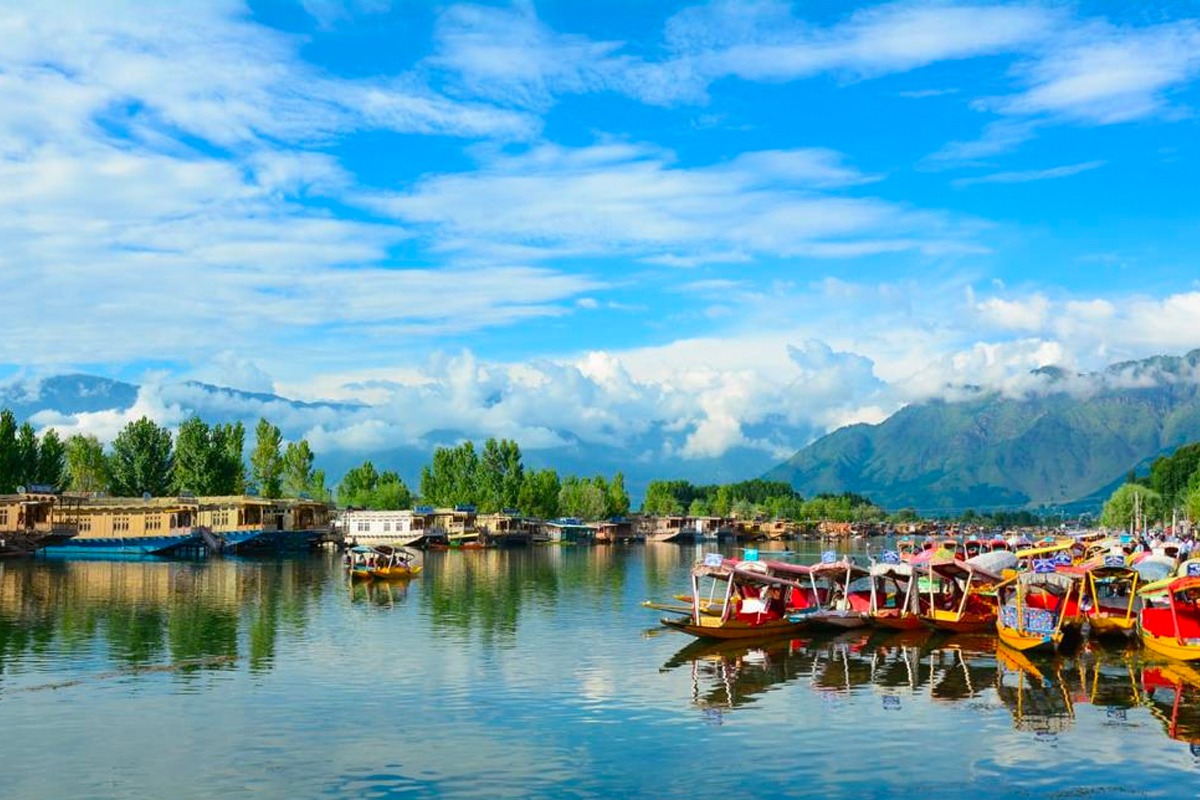
Govt will make an elaborate statement before the Supreme Court

NEW DELHI: ‘When will the Assembly elections be held in Jammu and Kashmir?’ is the question which has been lingering for the past four years. Well, the wait seems to be finally over!
The Modi government is expected to make the revelation in the Supreme Court on Thursday, August 31, according to Solicitor General Tushar Mehta.
The government had restructured the northern state into two Union Territories — Jammu & Kashmir and Ladakh in August 2019.
ALSO READ: Pakistan spy agency’s ‘deep asset’ sacked by J&K Bank
During the hearing on pleas challenging the validity of the abrogation of Article 370 move, a five-judge Supreme Court bench led by CJI DY Chandrachud asked Mehta, “We are conscious of the fact that these are matters of national security. We understand that ultimately, preservation of the nation itself is the overriding concern. But without putting you in a bind, you and the Attorney General may seek instructions at the highest level. Is there a time frame in view?”
In response, Mehta told the bench, which also comprises Justices SK Kaul, Sanjeev Khanna, B R Gavai, and Surya Kant, that the government is committed to restoring the statehood of Jammu & Kashmir as soon as normalcy returns to the state.
“I will show the statement made on the floor and the efforts made. And the statement is once the efforts are fruitful and everything is normal, then, after the situation returns to normalcy, we want it to be a state again,” Mehta told SC.
After taking the instructions, SG Mehta informed the bench that he would make a joint statement along with Attorney General R Venkatramani.
ALSO READ: Dear Mehbooba Mufti, get enrolled in a science course
Mehta also said that even after J&K is restored to full state, Ladakh will remain a Union Territory.
He said, “Instructions are that UT is not a permanent feature. I will make a positive statement the day after because the learned AG and I will meet personally and make a statement. However, Ladakh will remain a UT.”
The CJI took his point, but reemphasized the need for elections in order to preserve the democratic structure, “How impermanent is it? When are you going to have elections?”